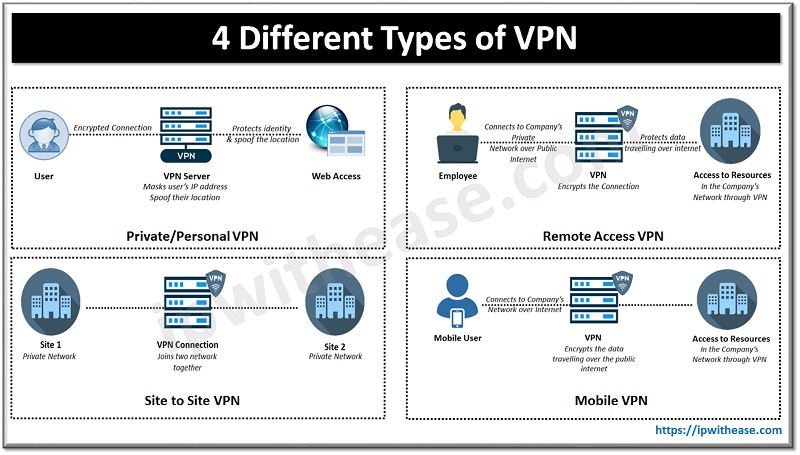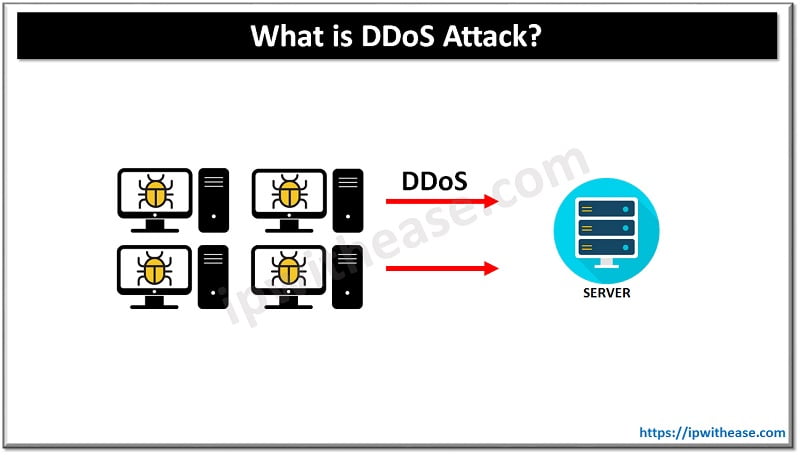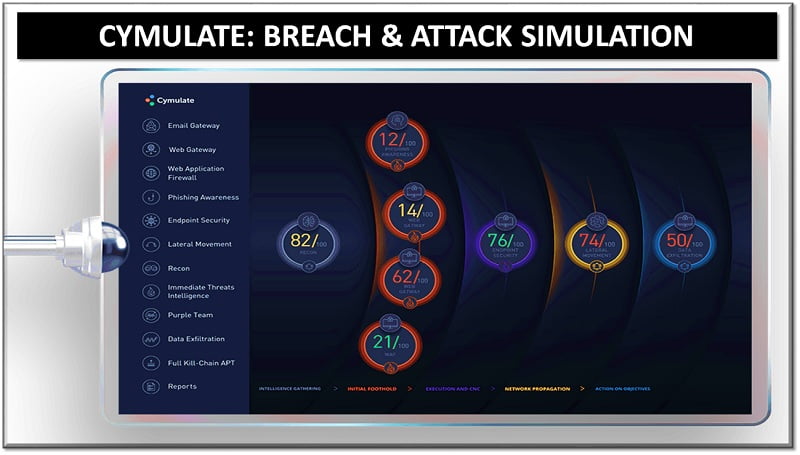Table of Contents
Cybercrime is a growing concern for businesses of all sizes, and small businesses are, unfortunately, no exception. In fact, we’d wager that small businesses are even more vulnerable to cyber fraud than larger companies simply because they don’t have the same resources needed to protect themselves against cybercrime.
But that doesn’t mean smaller organizations can do nothing to protect their and their customers’ data against cybercrime; on the contrary, with the right strategies and tools – which don’t require a ton of investment – you can safeguard your small business from cyberattacks and keep running your operations smoothly.

What is Cyber Fraud?
Cyber fraud or crime involves any criminal activity that is carried out via the internet in order to deceive victims – which can be businesses or individuals – into giving away sensitive information or money. This is a pretty broad term that encompasses various fraudulent activities, such as phishing, ransomware attacks, identity theft, and more.
But for small businesses, in particular, falling prey to cyber fraud can lead to severe consequences, including financial loss so big you might have to close down your business, as well as damage to reputation and various legal liabilities.
This is why it’s imperative to develop and implement strategies for protecting your business against cybercrime – just because you haven’t been targeted yet doesn’t mean you might not be in the future.
After all, we live in the digital age, and cybercrime is only going to get worse as technology advances. In fact, according to Statista, cybercrime is expected to surge in the next four years, going from $9.22 trillion in 2024 to a whopping $13.82 trillion by 2028.
Strategies to Safeguard Your Business
Cybercriminals can target your payroll data, customer databases, credit card information, bank account details, and company identity, among other things, so it’s crucial to protect your sensitive data from all fronts. To do that, you should adopt proactive strategies that fortify your defenses. Here are five highly effective ones.
Educate Your Staff
Your employees are not only the backbone of your business’ success – they are also your first line of defense against cyber fraud. So educate them about cyber threats and best practices for staying safe online, especially when they’re handling sensitive information like payroll data or when they’re calculating employee’s paychecks.
Conduct regular training sessions on protection against cybercrime, including identifying phishing attempts, creating strong passwords, and recognizing any suspicious activities. The goal is to create a culture of vigilance so everyone takes responsibility for cybersecurity.
Secure Your Network
Keeping your business’ internet connection secure is of utmost importance. You can do this by using firewalls, an antivirus, a VPN, and encrypting sensitive information.
If some or all of your employees work from home, you should also make sure their home systems are protected. Firstly, they should use company-issued devices only, and any work-related information should be encrypted. It’s also important to regularly update your software and systems to patch vulnerabilities and minimize the risk of exploitation by cybercriminals.
Use Multi-Factor Authentication (MFA)
An easy but effective way to enhance your security is to enable multi-factor authentication (MFA) wherever possible. This is especially important when accessing systems containing financial data.
MFA requires users to verify their identity through multiple steps, such as a password and a code sent to their phone. As a multi-step account login process, it adds an additional layer of security to your systems by preventing cybercriminals from accessing them even if they have stolen your passwords.
Limit Access Privileges
While everyone likes to believe they work with good people, the reality is, you cannot know everyone’s intentions for certain, and so it’s better to be safe than sorry. In other words, even if you have a small, wonderful team of people working for and with you, not everyone needs access to all data and systems to do their jobs.
To ensure your data is as safe as it can be, implement strict access controls based on the principle of least privilege (PoLP). This is a security concept that maintains that users should only have access to the specific data that they need to get their work done – and nothing more.
By limiting employees’ access to only the data and resources necessary for their roles and responsibilities, you can greatly reduce the risk of insider threats and unauthorized access.
Back Up Your Data Regularly
Finally, it’s essential to back up your data on a regular basis either locally or to the cloud. Why? Well, even if you do absolutely everything right, it’s still possible to get hit with a cyber attack and lose some of your sensitive information. It’s an unfortunate consequence of living in a highly digital age where technology advances rapidly, and as an extension of that, so do cyber threats.
So, to ensure you can recover as quickly as possible after a potential cyber attack, regularly backup your critical business data to secure locations, such as cloud services or external drives. With a copy of your important data, you’ll be able to get back to business much faster.
ABOUT THE AUTHOR
IPwithease is aimed at sharing knowledge across varied domains like Network, Security, Virtualization, Software, Wireless, etc.



